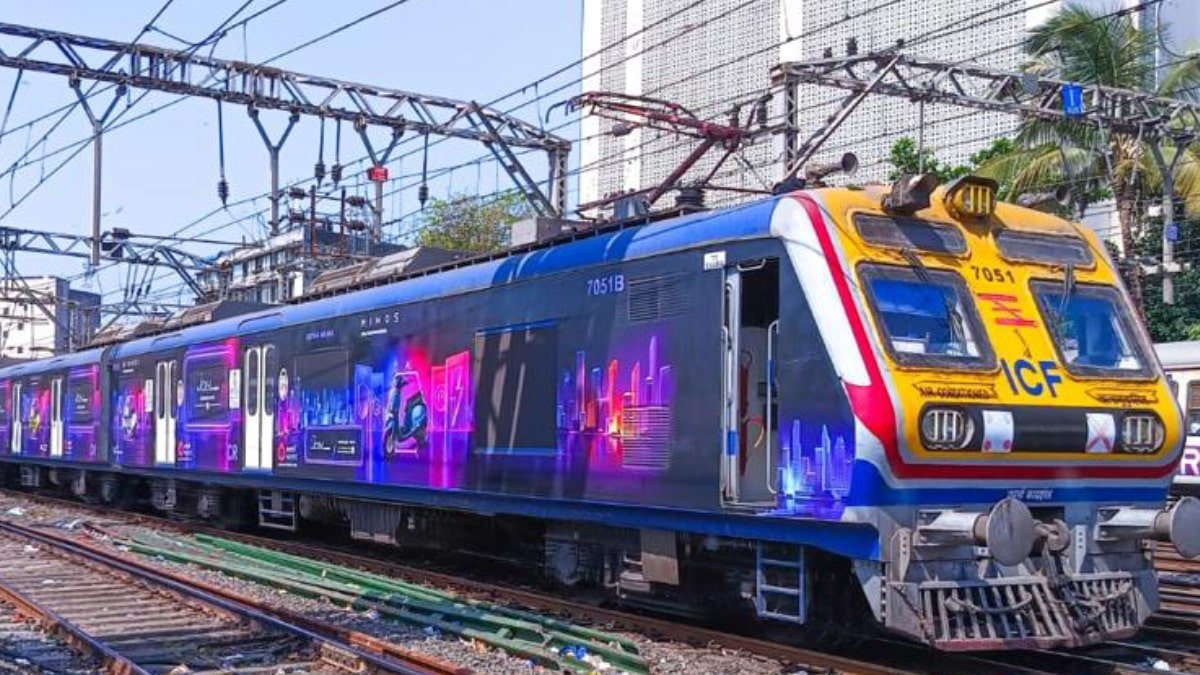In a significant crackdown against ticketing fraud, both Central Railway (CR) and Western Railway (WR) have suspended QR code-based booking through their UTSonmobile app. The move comes after widespread misuse by commuters who exploited loopholes to evade fares in Mumbai’s suburban train network.
From now on, paperless mobile tickets can only be booked outside the geo-fenced limit of 20 metres from railway tracks and stations. “We have discontinued booking through QR code,” confirmed WR’s Chief Public Relations Officer Vineet Abhishek. CR’s senior divisional commercial manager also posted on X, announcing the suspension.
Final Call: Be DPDP Act Ready with FCRF’s Certified Data Protection Officer Program
Loopholes and Passenger Misuse
The misuse was first detected in 2023, when officials discovered a website hosting static QR codes for every station. Commuters downloaded or printed these codes and generated tickets inside trains when confronted by ticket examiners (TTEs). In air-conditioned locals, the problem became rampant, with commuters quickly generating valid tickets upon spotting TTEs.
Although the UTS app relied on GPS-based geo-fencing and blocked QR codes saved in phone galleries, passengers bypassed the restrictions by scanning codes displayed on co-travellers’ phones.
Dynamic QR Codes as the Solution
Railway officials now believe the only sustainable solution is to replace static QR codes with dynamic codes that refresh every few minutes. “Static codes are easy to circulate. Dynamic codes will make it nearly impossible to misuse the system,” a CR official explained.
Mixed Reaction from Commuters
The decision has drawn mixed responses. Vasai resident Rakesh Mehra lamented the loss of convenience, saying, “This was the easiest way to avoid queues.” Meanwhile, Kalyan commuter Sunita Patil welcomed the move, noting that “genuine travellers were losing out while others exploited the loopholes.”
With more than 75 lakh commuters using the Mumbai suburban network daily, railway officials stress the suspension is necessary to protect revenue and ensure fairness until a secure system is deployed.



